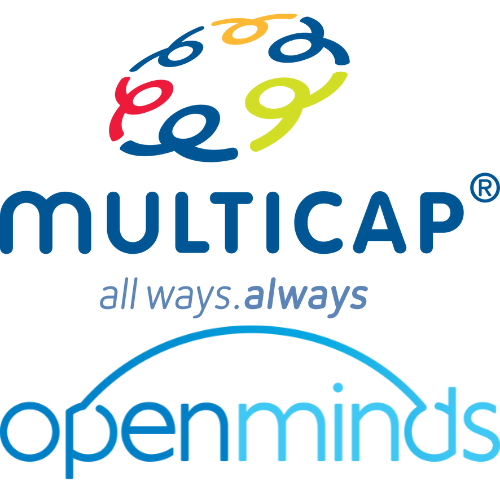
Sunday, 27 July 20252:55 - 4:10 PMWest end 1 |
An Equine Journey to Voluntary Ventolin
Sarah Nickels Abbeys Run Equestrian Abstract: Veterinary care is vital for the welfare of all animal species. Providing this in the most ethical way possible is a worthy challenge for us all. The horse-world has been a little stuck in many long-standing traditions with centuries of long-held expectations and beliefs of the horse – human relationship. While ‘cooperative care’ has become prevalent in Zoo’s and is gaining traction in the dog and other small animal world, the equine community have been slower on their uptake. It is not uncommon for the provision of standard equine veterinary care to expose veterinarians and owners to serious injury risk in working with such large, flight animals. Currently there is a shortage of equine veterinarians, creating safe working environments for them (along with owners and the equines themselves), is incredibly important. This session explores our journey with one very expressive horse who, since early 2022, has required twice-daily Ventolin for suspected equine asthma after experiencing a serious illness. We will discuss the story and history of this individual that brought us to that point, and the process undertaken to ensure the administration of Ventolin was and is, able to be done with a voluntary, 600+kg subject in all weather conditions. Target Audience: Equine professionals, other species animal trainers, equine owners, equine admirers Learning Objectives: At the conclusion of this presentation, participants will be able to:
|
Lessons from Implementing a Feline Behaviour Assessment in a Shelter SettingJade Currie Abstract: Shelter environments are particularly stressful for cats, making it difficult to observe behaviour that accurately reflects their sociability towards humans. This creates challenges in the consistency and accuracy when observing and recording feline behaviour, especially in high-volume shelter settings. This presentation will outline the implementation of the Feline Spectrum Assessment (FSA) program at The Lost Dogs’ Home, a large open-intake shelter. The FSA is an evidence-based tool that is designed to improve understanding of cat behaviour and sociability towards humans, through short behavioural observations over 2-3 days. ABA principles were used throughout the implementation process, with Behavioural Skills Training (BST) being used to teach staff. Training included instruction, modelling, rehearsal, and feedback to build competency in observation, pattern recognition, and behavioural recording. This presentation will focus on the training strategy used to embed the program in daily shelter routines, and will also highlight unexpected but meaningful outcomes, including increased inter-team collaboration and spontaneous uptake of observational practices by non-behavioural staff. Target Audience: Animal Trainers, Human Trainers/Teachers/Managers Learning Objectives: At the conclusion of the presentation, participants will
|




.png)


